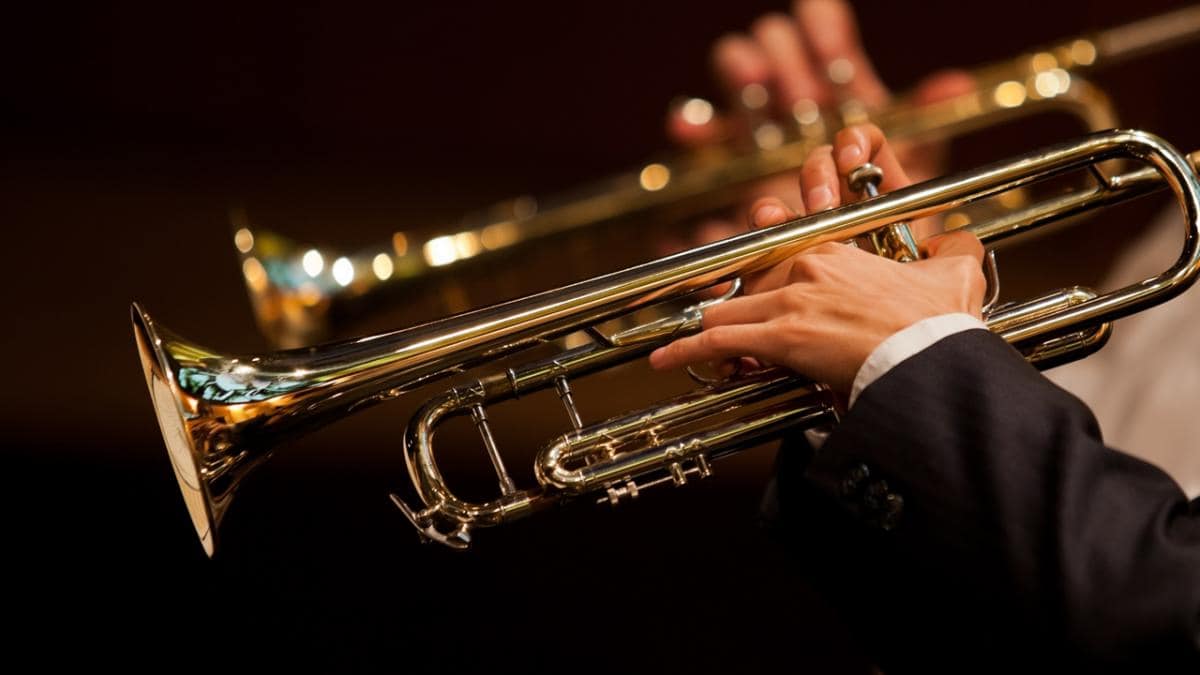
8 Most Frequently Asked Questions About The Trumpet
There are plenty of questions aspiring musicians, jazz fans, and experienced players ask about the trumpet, varying from the interest in brands to cleaning methods. We're going to shed light on some of them.
- What materials are used for crafting trumpets?
Traditionally, trumpets are crafted from brass, which enhances the resonance and durability of the instrument. Brass alloys, typically composed of copper and zinc, offer a balanced combination of malleability and strength. In terms of aesthetic appeal, trumpets can also be produced from silver, nickel, and gold plating. Apart from their visual attraction, these materials influence the trumpet's tonal color. In recent years, manufacturers started to incorporate alternative materials in their productions such as nickel silver, carbon fiber, and titanium to improve weight and resonance.

- What are the most popular types of trumpets?
The B-flat trumpet is the most common model, used in classical, jazz, and popular music. C trumpets, pitched slightly higher than B-flat, are mostly present in American orchestral playing. The compact piccolo trumpet, characterized by a higher pitch, is used for playing early music and Baroque. The flugelhorn, known for its conical shape and mellow tone, is favored by soloists and players in ensembles. The cornet, characterized by its compact size and conical bore, is mostly present in brass and jazz bands. There are also pocket trumpets – instruments that have awesome resonant characteristics despite their compact dimensions.

- What is the best trumpet brand?
The term "the best" is subjective since it’s up to musicians to choose what trumpet works best for their preferred style and personal requirements. However, several reputable brands are widely recognized for producing high-quality instruments. Yamaha has been proving its craftsmanship for many years and offers a range of models suitable for various skill levels. Another well-known brand is Bach, known for its professional-grade instruments and highly appreciated by professional players. Schilke is regarded for its precision and attention to detail; their instruments are favored by experienced trumpeters.

- Is the trumpet mostly present in jazz music?
It’s true that the trumpet is prominently featured in jazz. Moreover, it had a great impact on jazz development. The legendary trumpeters like Louis Armstrong, Miles Davis, and Dizzy Gillespie have left a noticeable mark on the history of this genre, using the trumpet for their impressive improvisation and soulful expression. However, the demand for this instrument has extended far beyond jazz. Today it’s present across various musical styles. Trumpets play an important role in classical orchestras where they add power and majesty to the melodies. In rock and pop, trumpets enhance the brass section and add a dynamic layer to the songs.

- How should I care for my trumpet?
Regular cleaning enhances your instrument’s durability, improves sonic characteristics, and visual attraction. To clean the mouthpiece, you should soak it in warm, soapy water for a few minutes, get rid of particles and dust using a mouthpiece brush, and then maintain the exterior with a soft cloth. It’s recommended to clean the mouthpiece after every practice session. The entire instrument needs its full cleaning every few months or at least once a season. For cleaning valves, you can use a valve brush or cleaning snake and then apply some valve oil before reassembling.

- How to store the trumpet?
To keep your trumpet in working condition, pay serious attention to how and where you’re going to store it. Cases and bags must fit the instrument’s size and model. The hard-shell cases with a padded interior could be the best choice for protecting your trumpet from external impacts like dust or humidity. By placing desiccant packs inside the case, you can control moisture levels and prevent corrosion. For trumpet storage, it’s necessary to choose a cool, dry place away from direct sunlight.

- What bag do I need for my trumpet?
Your trumpet bag should be practical, comfortable for you and your instrument, and of course, made of reliable materials. We recommend choosing bags with additional padding to protect the trumpet from bumps and scratches, especially if you always move from one place to another. The material of the bag should be strong, so reinforced seams can be really beneficial as they add strength. You might also need the bag with additional pockets for mouthpieces, cleaning supplies, note sheets. These various compartments help to keep all trumpet essentials in one place. Pay attention to the carrying options. Your ideal trumpet bag should be equipped with handles and shoulder straps, making it suitable for daily practice and travel to gigs or rehearsals.
- How long does it take to learn to play the trumpet?
The time it takes to learn to play the trumpet depends on individual aptitude for the learning process, musical experience, and the amount of practice dedicated to the instrument. A beginner with no prior musical background might spend a few months learning how to produce clear tones and simple melodies. To develop more advanced techniques, range, and musicality, you might need several years of dedicated and regular practice. Remember, to learn how to play the trumpet, you must have a skilled teacher and a genuine passion for the instrument. You might also need patience and persistence, as progress comes gradually.





 https://mgleatherwork.com/pages/about-us
https://mgleatherwork.com/pages/about-us
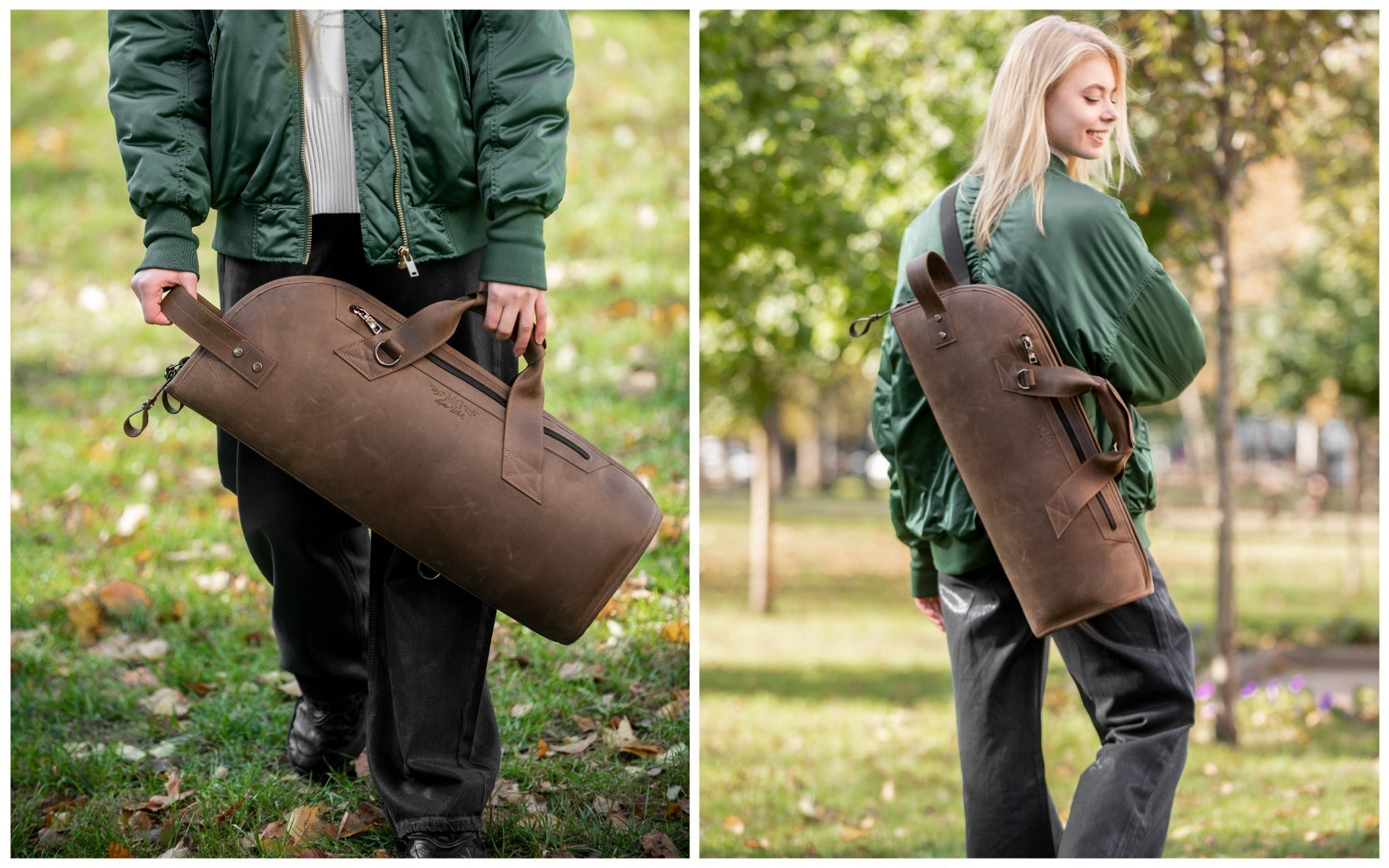
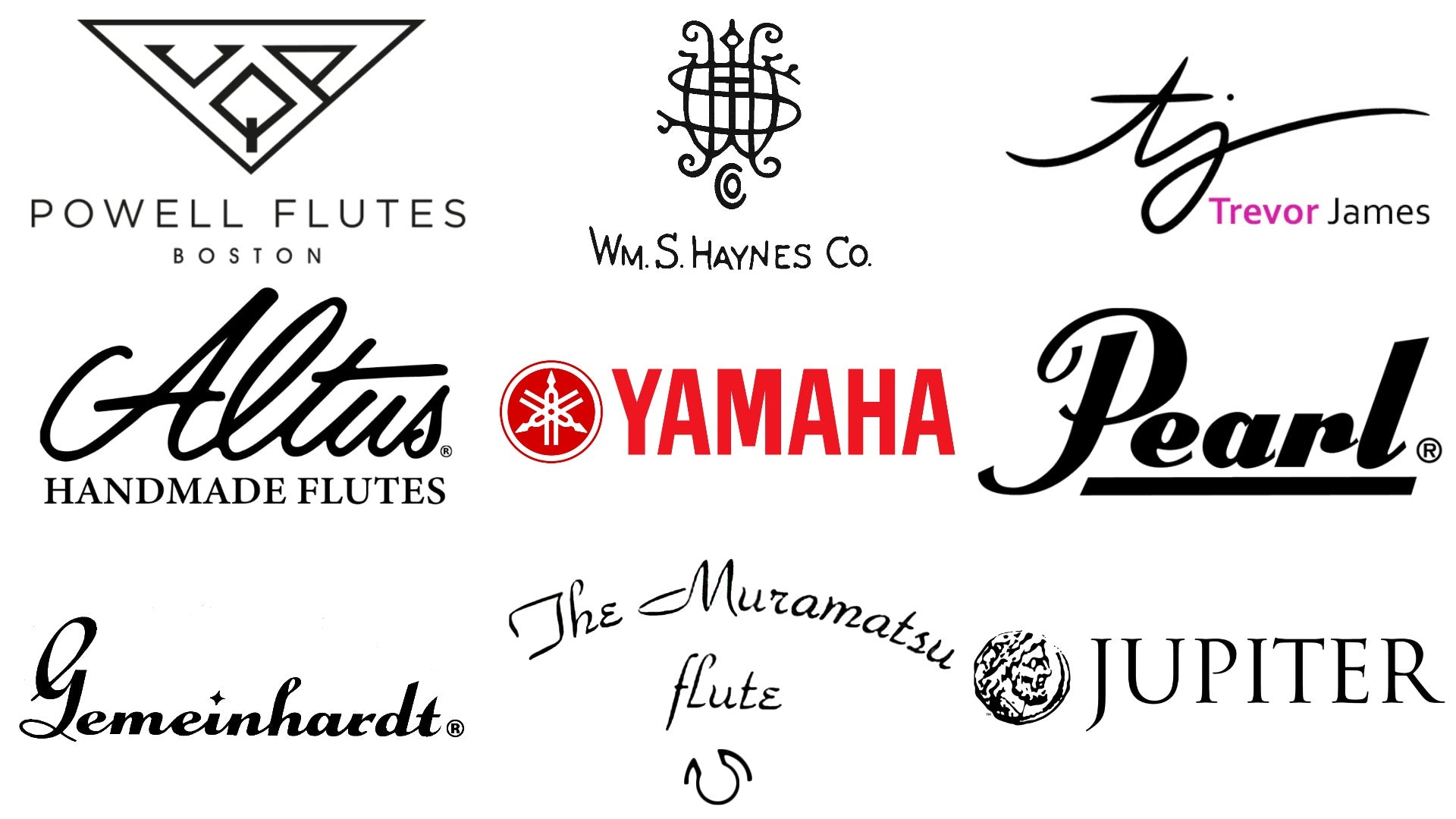
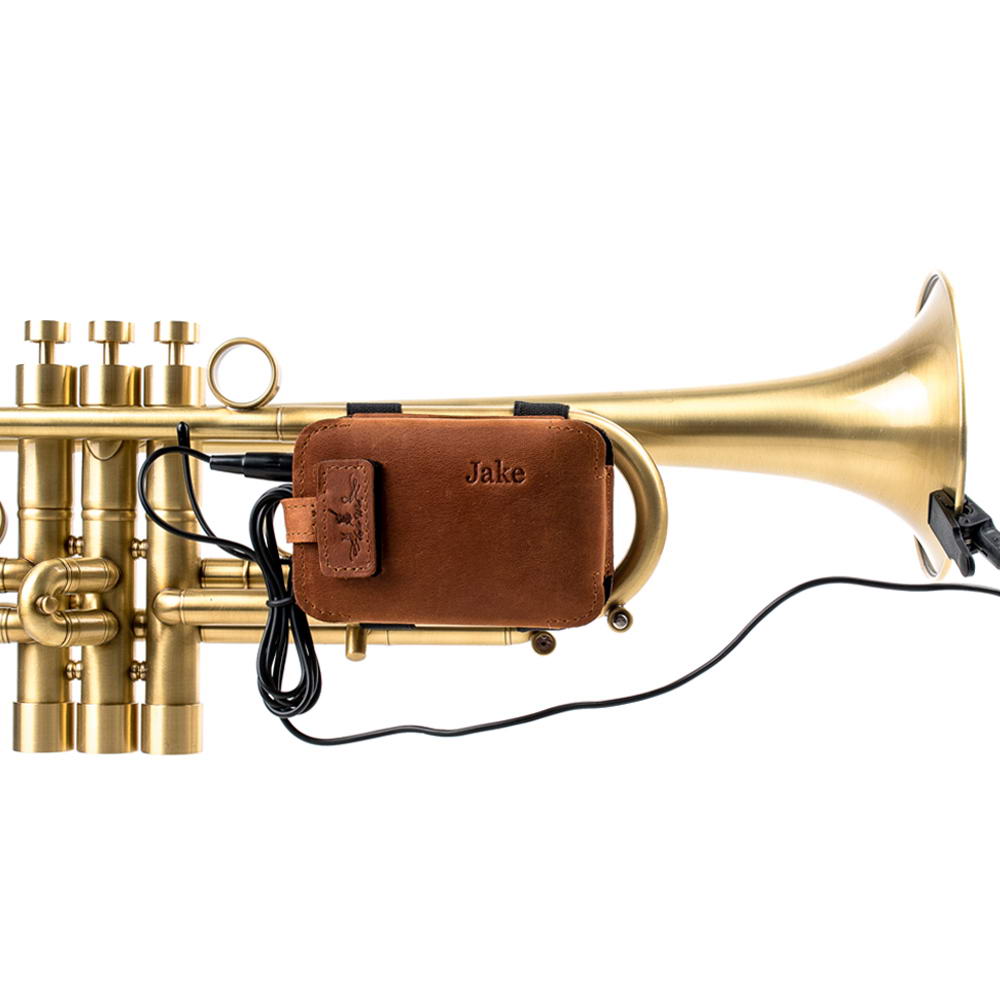
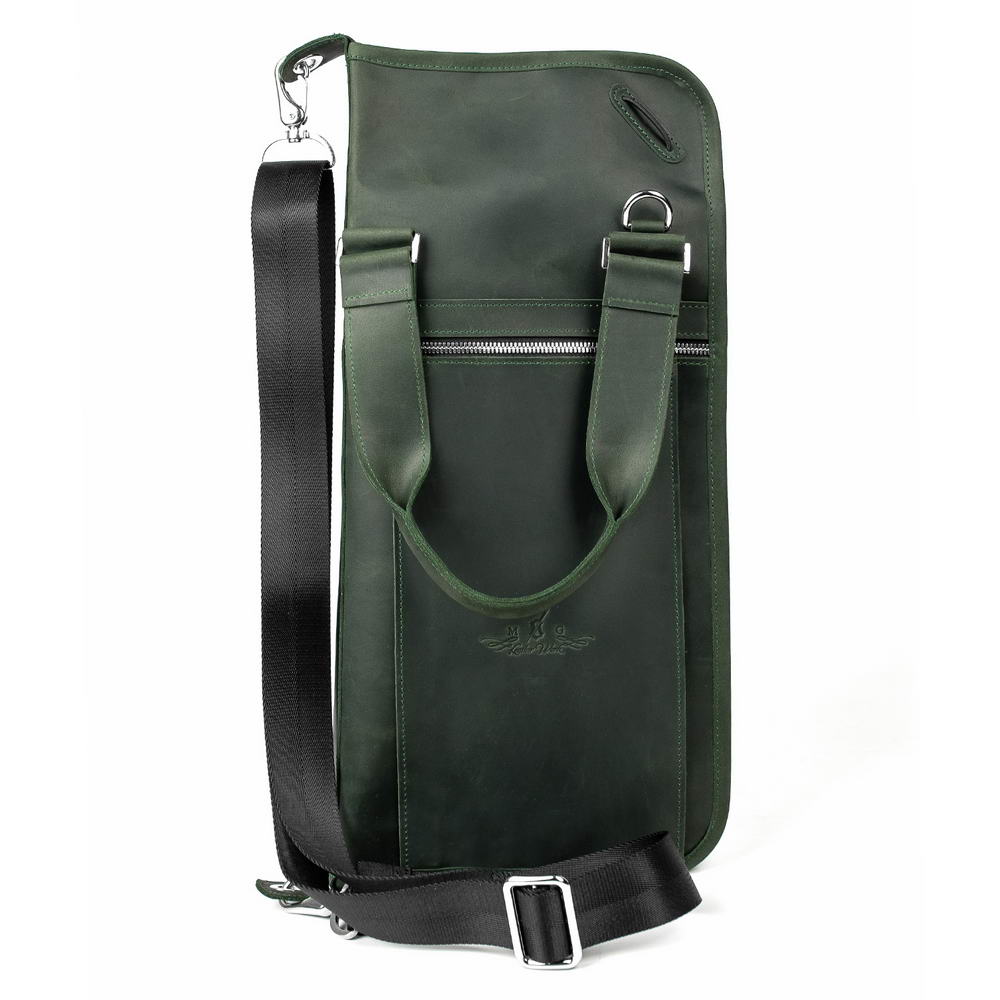
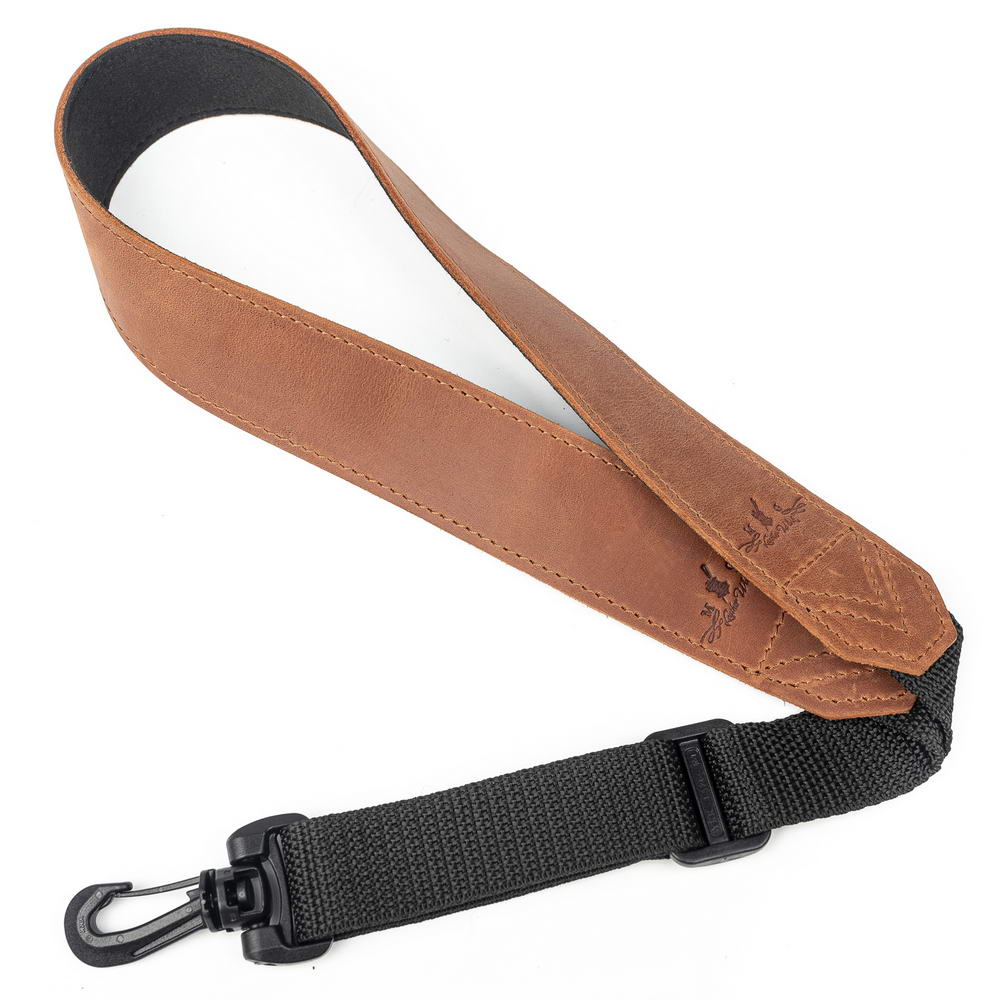
Leave a comment
This site is protected by hCaptcha and the hCaptcha Privacy Policy and Terms of Service apply.